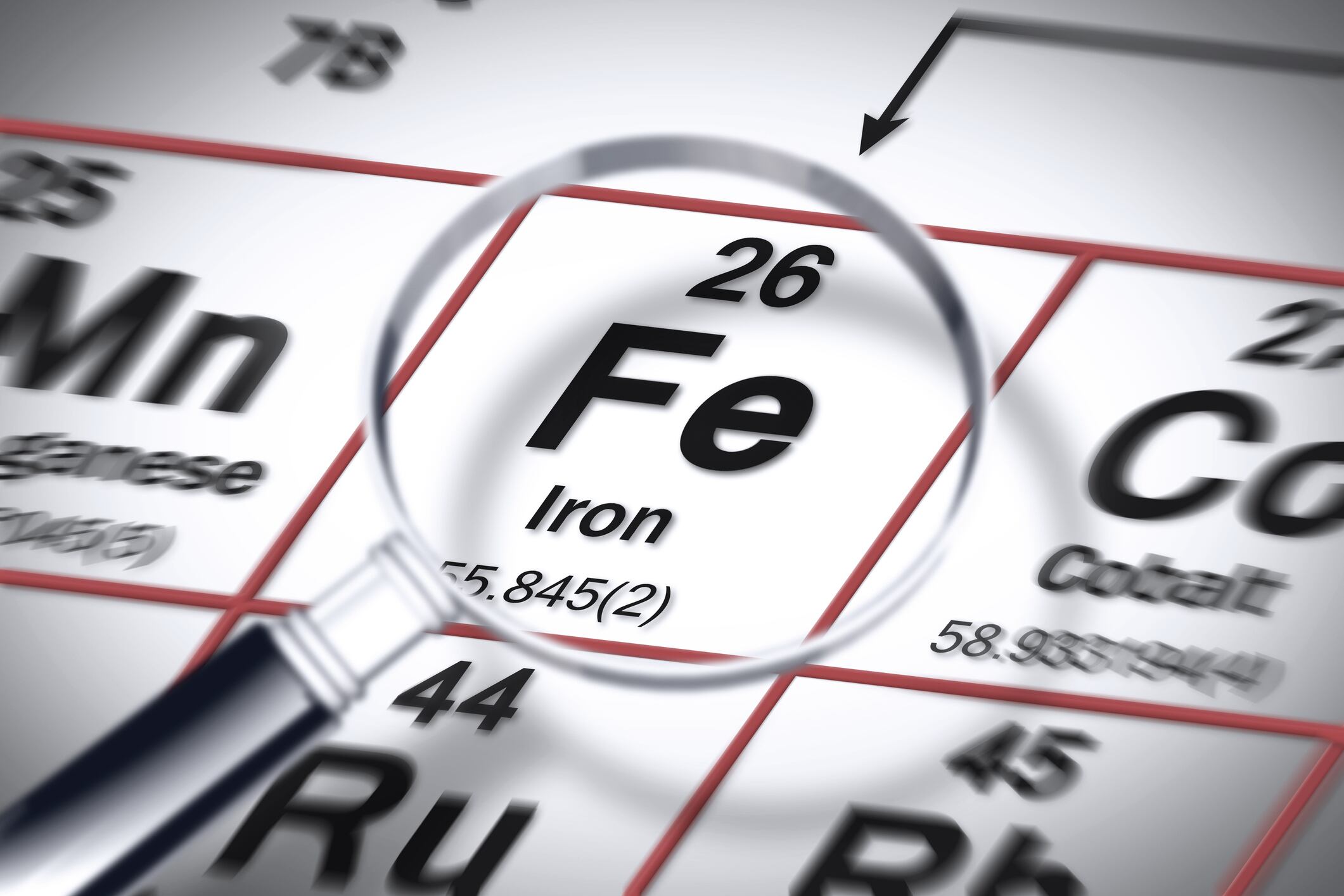The demonstrated effect was shown to increase with supplement dosage, with researchers highlighting that the “results suggest that oral iron intake can improve the cognitive development of children and adolescents living in LMICs.”
Researchers from Tsinghua University, Harvard University, Duke University, and the University of Southern California report their findings in Nutrients.
Deficiency prevalence
Due to the critical biological and physical development processes taking place throughout childhood and adolescence, it is vital to ensure a strong nutritional profile during this period to prevent deficiencies. However, iron deficiencies are highly common during this age because of the bodies’ inability to increase iron reserves with increased demand.
In the Global Burden of Disease 2019 study, it was documented those aged 5-19 years old in low-income countries were particularly at risk of iron deficiency, with a 22.2% prevalence. Such deficiencies are associated with anaemia as well as cognitive dyspraxia, due the function of iron in metabolism, neurotransmission, and neurogenesis, increasing risk of cognitive impairments and behaviour abnormalities.
Thereby, in the study funded by the Sanming Project of Medicine in Shenzhen, researchers sought to collate evidence on the effect of oral iron supplementation on intelligence, memory, and school performance, in those aged 5 to 19 from LMICs.
Outcomes for cognition
Researchers conducted a systematic review and meta-analysis of the available studies analysing the impact of iron supplementation on cognition, using PubMed, Embase, Web of Science and CINAHL databases up to 1 May 2022.
Following the calculation of random effects grouped standardised mean difference (SMD) with 95% confidence intervals, as well as the analysis of heterogeneity of the effects using subgroup and meta-regression analysis, the effect of iron supplementation on cognition was established.
From the nine studies including 1196 children and adolescents from five LMICs, it was found that iron had a positive impact on scores of intelligence. In addition, test scores were found to improve with increasing iron supplement dose, following meta-regression analysis.
In contrast to previous studies, iron supplementation was found to improve this intelligence score in both anaemic and non-anaemic children and adolescents.
However, no significant effects on attention, short-term memory, or school performance were observed in these studies.
Explanation
The noted findings are consistent with previous studies demonstrating the effects of iron supplementation on intelligence.
“Iron deficiency has been found to cause significant changes in striatal neural metabolites in rodent models that avoid significant growth restriction. The striatum is an integral part of the basal ganglion; the network of the striatum is associated with higher-order cognitive and emotional processes, motivated behaviour, positive emotion, reward-related processing, and motor functions,” said the researchers, providing a hypothesis for the observations.
With regards to the lack of influence on factors such as school performance, the researchers noted a longer intervention period would be required for such effects to show.
“Understanding the effects of iron supplementation on cognition among children and adolescents is essential for the appropriate design of targeted policies,” they concluded.
Source: Nutrients
2022, 14(24), 5332, doi: 10.3390/nu14245332
“Effect of Oral Iron Supplementation on Cognitive Function among Children and Adolescents in Low- and Middle-Income Countries: A Systematic Review and Meta-Analysis”
Authors: Z. Chen, et al.

